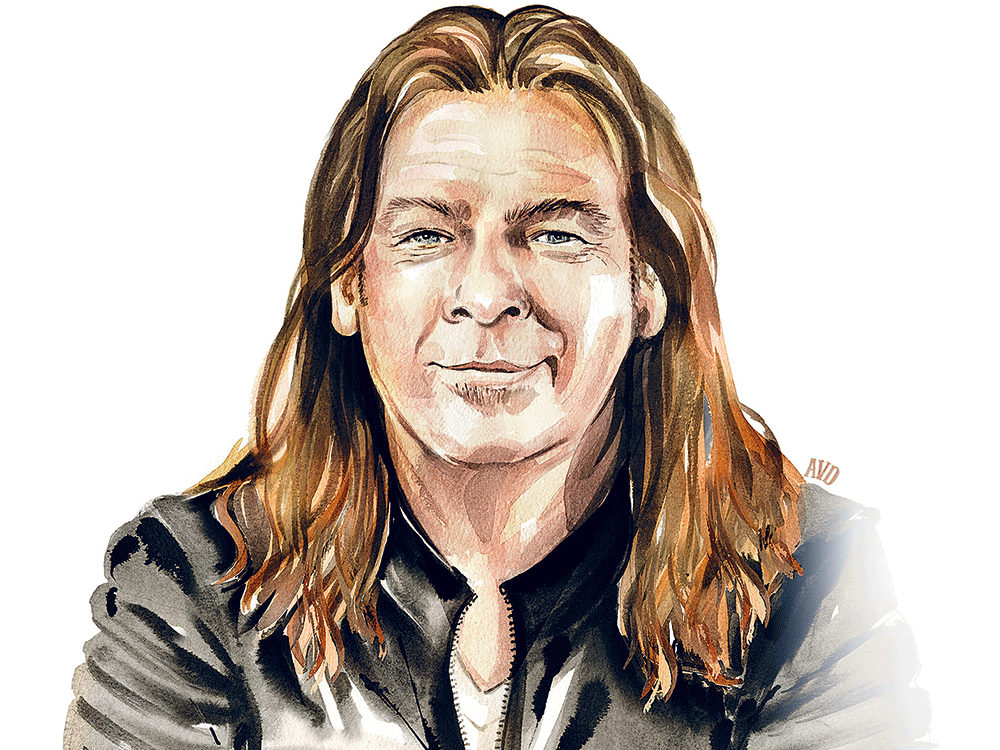Alan Doyle: The RD Interview
The musician, writer and proud Newfoundlander on touring Canada, hosting kitchen parties and why he doesn’t give career advice

15 Minutes with Alan Doyle
Reader’s Digest Canada: Most Canadians know you from your many years playing music with Great Big Sea and your solo work. What made you want to write your new book, A Newfoundlander in Canada?
Alan Doyle: For Canada’s 150th, I wanted to tell this story about what it was like for a fella who grew up in a small Newfoundland fishing town in the ’70s to explore where he was from. My parents and I come from the same place, but I was born in a country called Canada and they were born in a country called Newfoundland. As a kid, Canada was something I had to go discover.
Did you see being a musician as your ticket to get out there and explore?
When I was 16 years old, the two things I wanted to do most were play in a band and see the world.
You often kick off gigs by promising the crowd a proper Newfoundland kitchen party. What is that, exactly?
It’s a celebration that started generations ago, when the kitchen would’ve been the biggest and warmest place in the house. People ate there, studied there, partied there. Kitchen parties were always musical, especially in my house, because my parents were both musicians. It was always very inclusive. In Newfoundland, the best accordion player is the one who fills the dance floor. The best singer is the one who gets everybody to sing along.
Where are Canada’s rowdiest fans?
Anywhere in Saskatchewan. I think it’s because they have a survivalist mentality like Newfoundlanders. They’re content to work like dogs, but they play harder than anyone else.
In the book you describe how Great Big Sea was booked to play a Canada Day concert in 1997. You learned they planned to introduce you by telling a Newfie joke. That didn’t go over well.
No. We felt slighted. As a band, we’d spent most of our career putting that era behind us. Then we show up for a national celebration in Ottawa, and that’s how they want to portray us?
Has the stereotyping of Newfoundlanders improved since then?
Yes. Our province occupies a radically different space in the country than it did 20 years ago. We’ve gone from being this unknown thing in the ocean to a beloved destination. Most people see Newfoundland as a jewel in the crown of Canada. St. John’s has become a culinary hot spot.
Do young people back east still feel the Newfoundland/Canada divide?
I was part of the last cohort whose parents lived in the country of Newfoundland. That division is a generation or so further away, but the physical separation of living on an island doesn’t go away. There’s still a fascination with the mainland—it’s the thing you either aspire to or try to avoid.
Any words of wisdom for up-and-coming Canadian pop stars?
I’m reluctant to give advice. I was asked once, “If you could talk to the 16-year-old boy on the bridge in Penny Harbour, what would you tell him?” I replied, “I wouldn’t say a word. He has to figure it out. That’s part of the fun.”
For another perspective into Canadian music, check out our interview with Serena Ryder!



